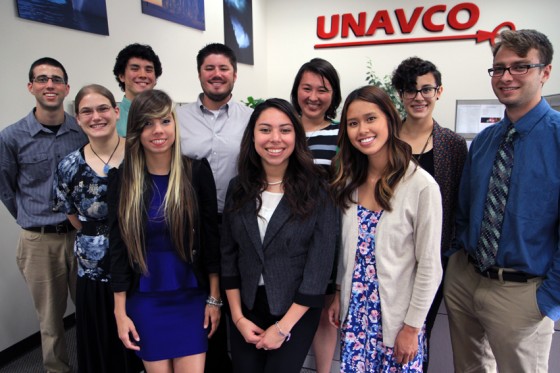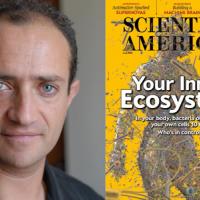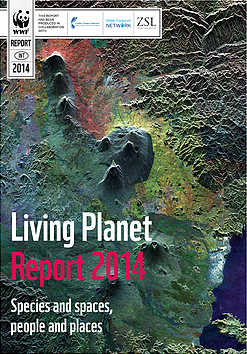 Living Planet Report (starts at 5:50): The environmental organization World Wildlife Fund just released its science-based biennial Living Planet Report. It doesn’t paint a rosy picture overall; WWF shows that, for instance, wildlife populations across the globe are roughly half the size they were 40 years ago. And although rich countries show a 10 percent increase in biodiversity, lower-income countries are suffering a drop of nearly 60 percent. The report also ranks the ecological footprints of 152 nations, and warns that the world is living beyond its means. But there are bright spots in the report, too. Even in the absence of national legislation and international treaties, some cities in the U.S., including Boulder, and around the world are making progress toward sustainability and greenhouse gas reductions. Co-host Susan Moran interviews Keya Chatterjee, director of WWF’s renewable energy and footprint outreach program.
Living Planet Report (starts at 5:50): The environmental organization World Wildlife Fund just released its science-based biennial Living Planet Report. It doesn’t paint a rosy picture overall; WWF shows that, for instance, wildlife populations across the globe are roughly half the size they were 40 years ago. And although rich countries show a 10 percent increase in biodiversity, lower-income countries are suffering a drop of nearly 60 percent. The report also ranks the ecological footprints of 152 nations, and warns that the world is living beyond its means. But there are bright spots in the report, too. Even in the absence of national legislation and international treaties, some cities in the U.S., including Boulder, and around the world are making progress toward sustainability and greenhouse gas reductions. Co-host Susan Moran interviews Keya Chatterjee, director of WWF’s renewable energy and footprint outreach program.
Finding Exoplanet Water (starts at 18:15): For the first time, scientists have detected water vapor on a cold exoplanet the size of Neptune. Previously, it had only been possible to measure the atmospheres of larger, Jupiter-sized exoplanets, but these findings from the Hubble and Spitzer Telescopes bring scientists a significant step closer to studying the atmosphere of Earth-sized planets orbiting other stars. Understanding the atmosphere of exoplanets may tell us more about their evolution and formation – Eliza Kempton, assistant professor of physics at Grinnell College in Iowa, explains in this report from Roland Pease of the BBC’s Science In Action.
Executive Producer: Joel Parker
Producer: Ted Burnham
Co-Hosts: Susan Moran, Ted Burnham
Engineer: Ted Burnham
Headlines: Beth Bennett, Jane Palmer
Listen to the show:
Podcast: Play in new window | Download (Duration: 24:53 — 34.2MB)
Subscribe: RSS





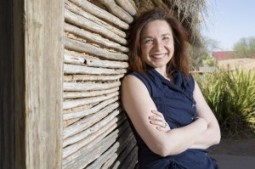
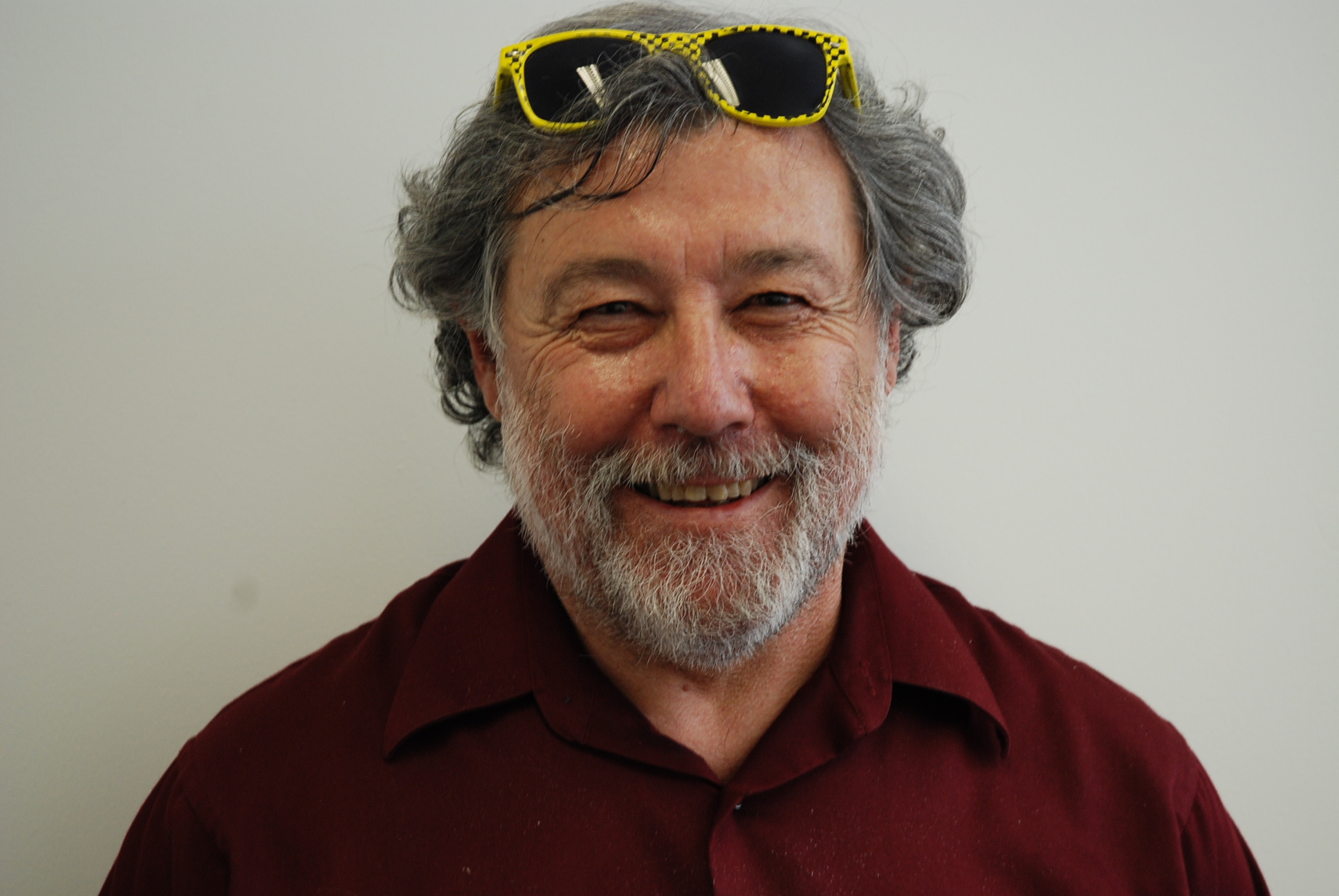
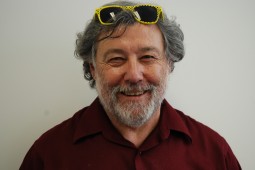
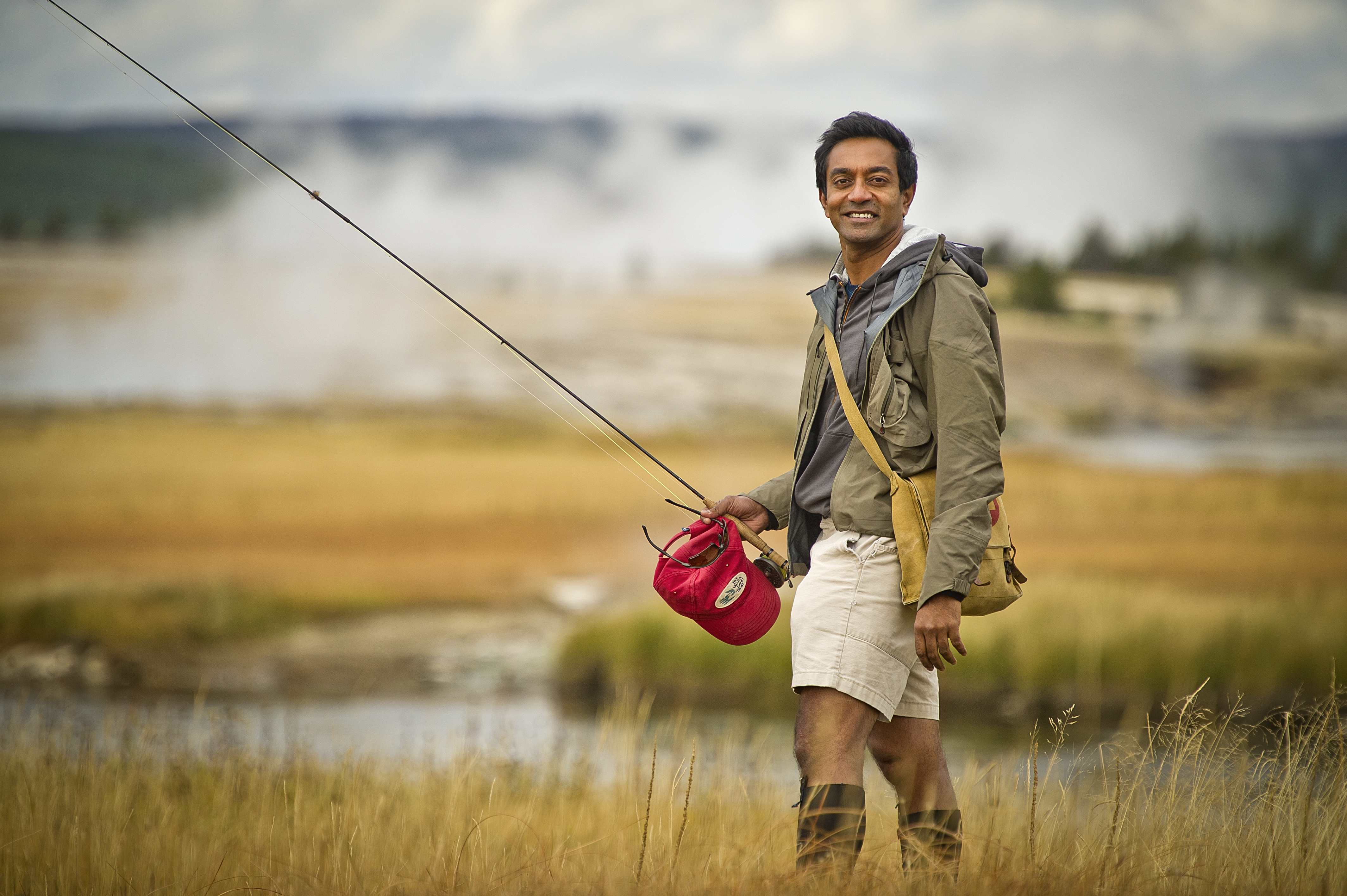
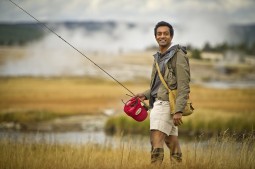
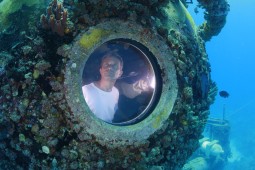
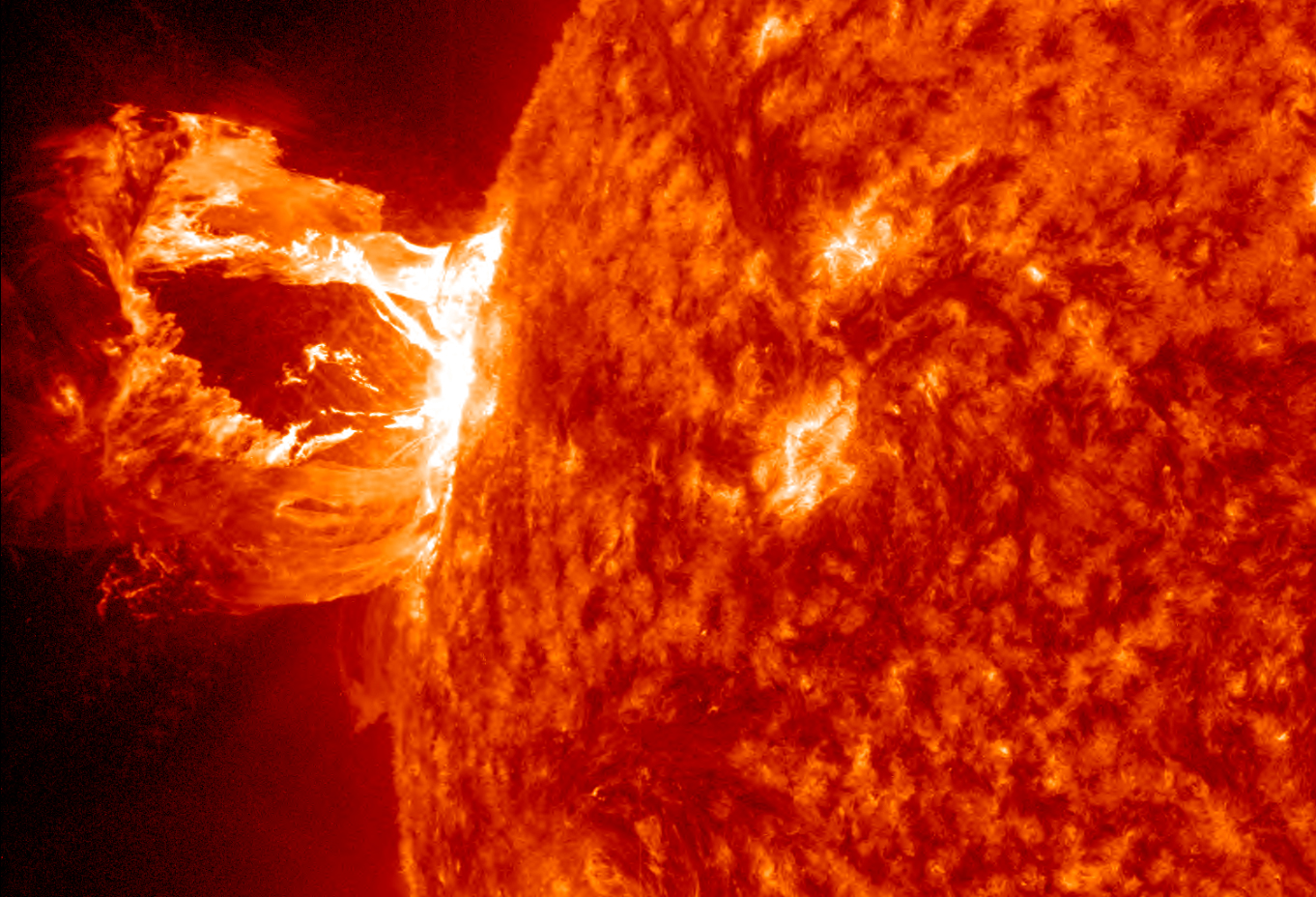
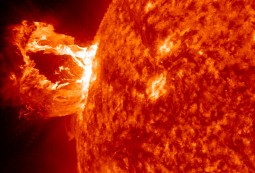


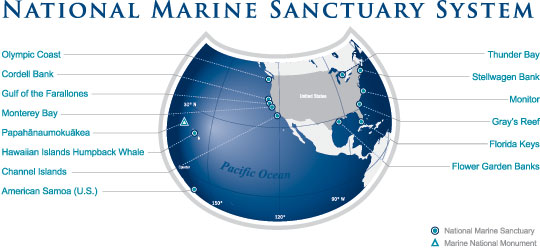
 Marine Sanctuaries (starts at 5:18) This is the third feature interview In the Ocean Is Us series, which explores how we in land-locked Colorado are connected to the oceans, why they matter so much to us all, and what’s at stake. Today we discuss marine sanctuaries: the conservation science behind establishing them, and their ecological and economic benefits. In June, President Obama announced his intention to make a vast area of the
Marine Sanctuaries (starts at 5:18) This is the third feature interview In the Ocean Is Us series, which explores how we in land-locked Colorado are connected to the oceans, why they matter so much to us all, and what’s at stake. Today we discuss marine sanctuaries: the conservation science behind establishing them, and their ecological and economic benefits. In June, President Obama announced his intention to make a vast area of the 
 Greenback Cuttthroat Trout (starts at 6:06) Colorado has always been a state of nature lovers, which is why, in the era of our great great grandfathers, citizens even designated an official state fish. It’s the Greenback Cutthroat Trout that thrived in the mountain streams above Boulder and Denver. Colorado wildlife officials had long assumed that Greenback Cuttthroat Trout still live in our mountain streams. The problem is, they were wrong. Through a complex set of Sherlock Holmes investigations begun in recent years, scientists at CU-Boulder figured out a “fish switch” decades ago, meant Greenback Cutthroat Trout were missing from our streams, and possibly extinct. Since then, we have much better news about the fish that “almost” got away. In this feature, How on Earth’s Shelley Schlender, speaks with CU-Boulder biologist,
Greenback Cuttthroat Trout (starts at 6:06) Colorado has always been a state of nature lovers, which is why, in the era of our great great grandfathers, citizens even designated an official state fish. It’s the Greenback Cutthroat Trout that thrived in the mountain streams above Boulder and Denver. Colorado wildlife officials had long assumed that Greenback Cuttthroat Trout still live in our mountain streams. The problem is, they were wrong. Through a complex set of Sherlock Holmes investigations begun in recent years, scientists at CU-Boulder figured out a “fish switch” decades ago, meant Greenback Cutthroat Trout were missing from our streams, and possibly extinct. Since then, we have much better news about the fish that “almost” got away. In this feature, How on Earth’s Shelley Schlender, speaks with CU-Boulder biologist,  Migraines (starts at 14:28) One of the most painful conditions to suffer through is a migraine headache. Sometimes, these headaches begin with strange visual auras or loss of vision; sometimes they’re accompanied by nausea. Most of all, they’re a head-splitting pain. Interestingly, these headaches are rare among the world’s few remaining hunter-gatherer populations. In contrast, they’re common in modern western life. Roughly 10% of Americans have suffered from a migraine headache. One of the people who used to suffer from them frequently is a medical doctor with advanced degrees in neurology. He’s Doctor
Migraines (starts at 14:28) One of the most painful conditions to suffer through is a migraine headache. Sometimes, these headaches begin with strange visual auras or loss of vision; sometimes they’re accompanied by nausea. Most of all, they’re a head-splitting pain. Interestingly, these headaches are rare among the world’s few remaining hunter-gatherer populations. In contrast, they’re common in modern western life. Roughly 10% of Americans have suffered from a migraine headache. One of the people who used to suffer from them frequently is a medical doctor with advanced degrees in neurology. He’s Doctor 
